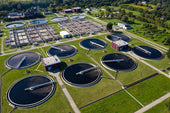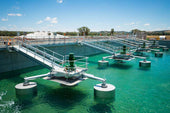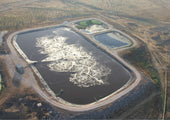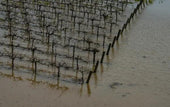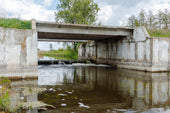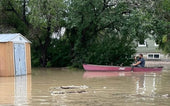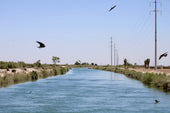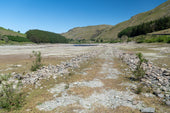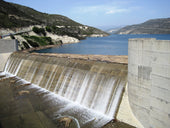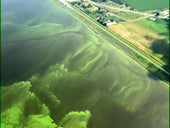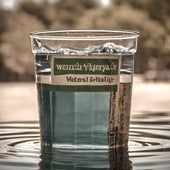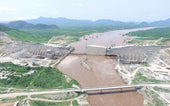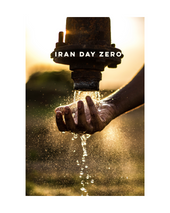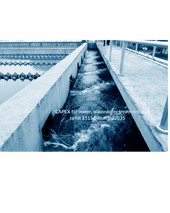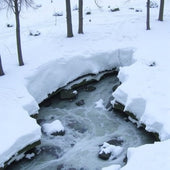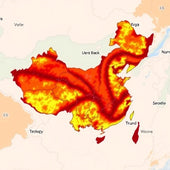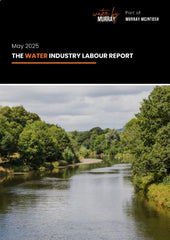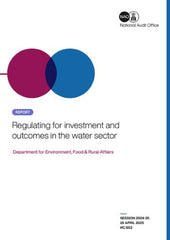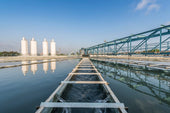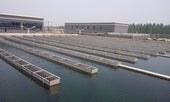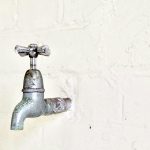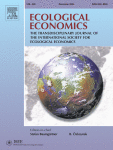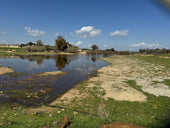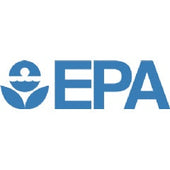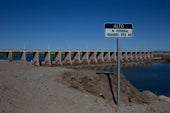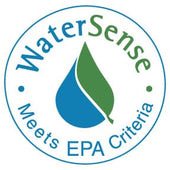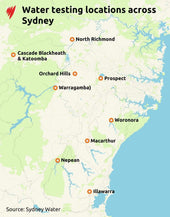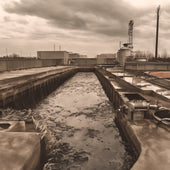
Water condition analysis on the property during the issuance of a water permit
At first glance, it may not be clear whether the issuance of a water permit requires consideration of whether its execution will impact the water condition on the property, more precisely, whether it may cause a change in the water condition on the property to the detriment of neighboring lands. The answer to this question can be found in the judgment of the Provincial Administrative Court in Lublin dated December 21, 2023 (ref. II SA/Lu 895/23), as well as in the provisions of the Water Law.
Is the obligation to examine the impact of the execution of a water permit directly derived from the Water Law?
The PAC in Lublin noted that: First and foremost, it should be stated that the obligation to properly clarify these issues, i.e., to examine the impact of the planned water facility on the water condition on the property, including the possibility of changing the water condition on the property to the detriment of neighboring lands, should be derived from the provisions of the Act of July 20, 2017, Water Law.
The court thus notes that there are explicit and directly indicated provisions of the Water Law that oblige the authority conducting the procedure for issuing a water permit to examine the impact of the planned project on the water condition on the property (the judgment refers to a water facility, but this can easily be extended to all projects resulting from the water permit due to the wording of Article 403(1)(2) of the Water Law, as discussed below).
The wording of Article 403(1)(2) of the Water Law and its interpretation presented by the Court
The PAC in Lublin subsequently pointed out that: Thus, from Article 403(1) of the Water Law, it follows that a water permit establishes, among other things, the obligations necessary for the protection of environmental resources, the interests of the population, and the economy within the range of the intended use of water or planned water facilities.
A water permit should therefore specify the obligations necessary for the protection of the interests of entities, including individuals, within the range of impact of the planned water facilities.
Moreover, as an example of such obligations, Article 403(1)(2) of the Water Law explicitly lists the obligation to implement facilities that prevent damage or reduce the negative effects of executing the water permit.
Since the authority issuing the water permit must resolve in the permit the obligation to implement facilities preventing damage or reducing the negative effects of executing the water permit, it is obvious that it must first determine whether the execution of such a water permit may cause damage or carry other negative impacts. The damage referred to in this provision also includes damage to neighboring lands as a result of changes in the water condition on the property caused by the realization and execution of the water permit.
The authority issuing the water permit must therefore determine in each case whether the execution of the water permit may cause damage, including damage to neighboring lands.
The explicit obligation to clarify these issues is indicated in Article 409(1)(7) of the Water Law concerning the water permit report, which is a fundamental document in the process of issuing a water permit.
The above statement by the Court is very important because it indicates that when issuing a water permit, the authority conducting such proceedings must always determine whether the execution of the water permit may affect the water condition on the property and whether this impact may cause damage, particularly damage to neighboring lands. Moreover, it must examine whether this has been appropriately indicated, analyzed, and described in the water permit report (which will be discussed further below).
The wording of Article 409(1)(7) of the Water Law and its interpretation presented by the Court
The PAC in Lublin also noted that: Article 409(1)(7) of the Water Law stipulates that the descriptive part of the report, adapted to the type of activity covered by the water permit, should include the determination of the impact of the planned water facilities or water usage on surface and groundwater, particularly on the condition of these waters and the achievement of environmental objectives set for them.
The water permit report should therefore explain the impact of the planned water facilities on surface and groundwater, including the condition of these waters.
The impact on water condition referred to in this provision includes, in particular, the impact on the change of water condition on the property.
From the Court’s reasoning and the content of Article 409(1)(7) of the Water Law, it follows that the water permit report should thoroughly explain the issue of the impact of executing the water permit (water facility or method of water usage) on surface and groundwater, including the condition of these waters and the possibility of changing the water condition on the property to the detriment of neighboring lands.
Conclusions
Proper proceedings regarding the water permit should include an analysis (conducted by the authority handling the case) of the impact of executing the water permit on underground and surface waters, including the possibility of changing the water condition on the property to the detriment of neighboring lands.
Moreover, the water permit report itself, which is an attachment to the application for a water permit (and the most important document in this proceeding), should thoroughly explain the issue of the impact of executing the water permit (water facility or method of water usage) on surface and groundwater, including the condition of these waters and the possibility of changing the water condition on the property to the detriment of neighboring lands, and in case of no such impact – this should be properly demonstrated.
Any deficiencies in this regard should be supplemented. Incomplete or false information in the water permit report, or the lack of analysis (of the impact of executing the water permit on underground and surface waters, including the possibility of changing the water condition on the property to the detriment of neighboring lands), conducted by the authority handling the case, may be grounds for repealing the authority’s decision and referring the case for re-examination and consideration.
main photo credit: Bonnie Kittle/Unsplash










